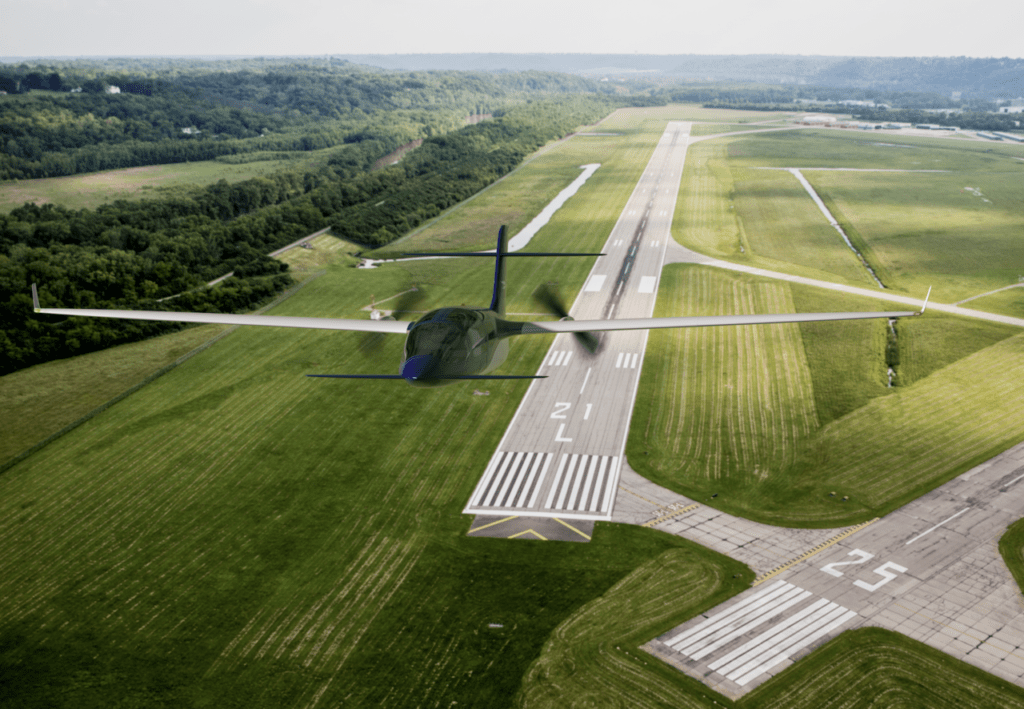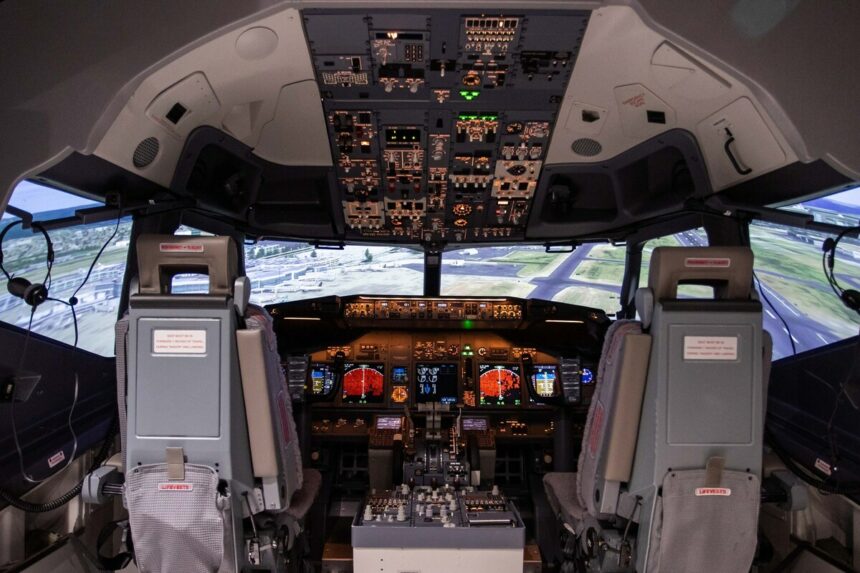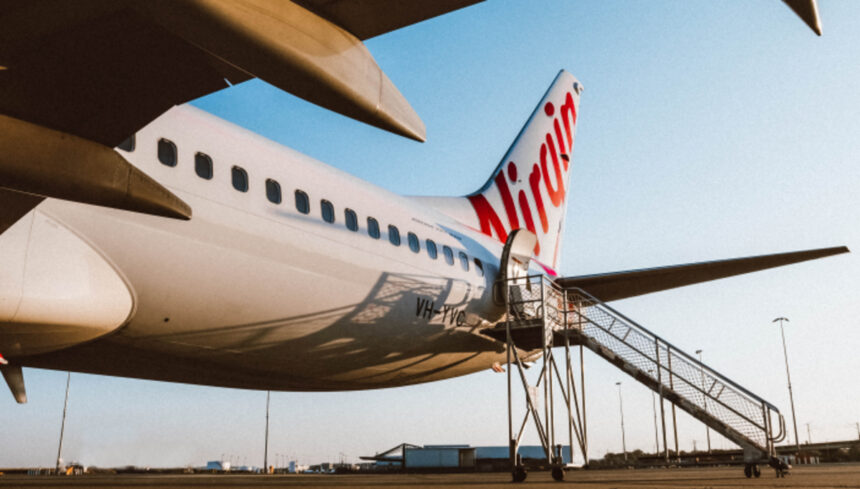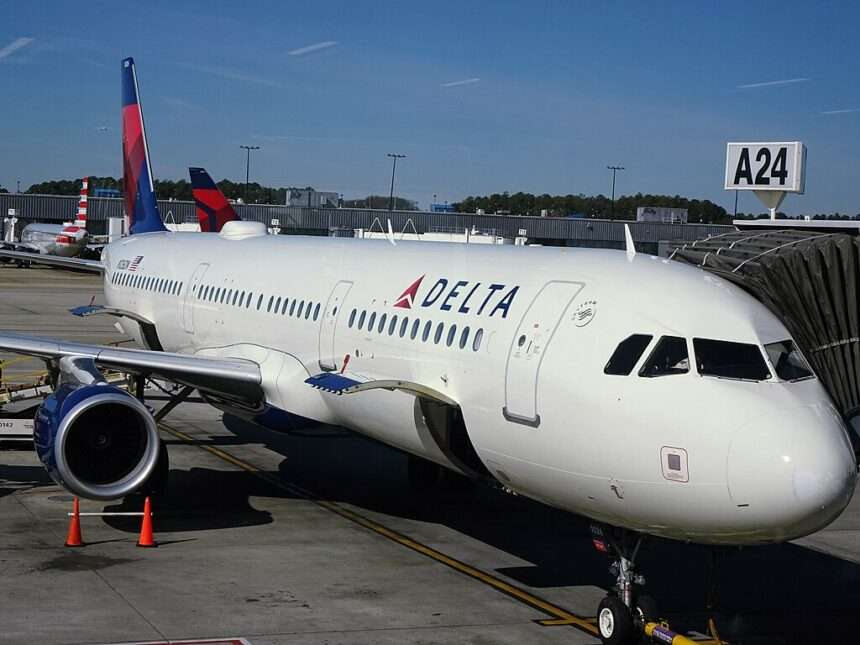Twente Airport has strengthened its position as the airport for battery-electric flying in The Netherlands by adding ELECTRON aviation as second operator.
Earlier this month, the CEOs of Twente Airport and ELECTRON aviation signed a Letter of Intent (LoI) for ELECTRON aviation to start operating zero emission flights from Twente Airport in 2027.
By bringing in ELECTRON aviation as the second operator, Twente Airport further strengthens its position as the airport for battery-electric flying in The Netherlands.
Developing battery electric aircraft
ELECTRON aviation is part of a Dutch group of companies that is currently developing a pure battery-electric aircraft, capable of transporting 5 people over 500 km, all on a single battery charge and with zero direct CO2 emissions.
The start-up plans to launch in 2027 an on-demand regional mobility service, using a fleet of its own aircraft.
“Today, airlines dictate how and when you fly. Imagine, instead you could fly at the time of your choosing direct from Twente Airport to anywhere within a radius of 500 km.”
“To be clear, that gets you to Berlin, London, or Paris, all in under 2 hours,” says Josef Mouris, CEO & Co-Founder of ELECTRON aviation.
[monsterinsights_popular_posts_inline]
We chose to do this with a pure battery-electric aircraft for two reasons: Firstly, it delivers on our goal of zero direct CO2 emissions. Secondly, it offers the lowest operating costs, which will allow us to eventually match the price of an Economy class ticket and in other countries even train tickets.”
“To fly meaningful distances within this decade, we had to compromise on the aircraft size, limiting ourselves to five seats. Which, if you think about it, is the perfect size for our on-demand business model. Or do you know of any taxi company that would pick up 2-4 people with a 30-seater bus?”
Jan Schuring, CEO of Twente Airport said: “From a recent survey of local businesses in the Overijssel / Enschede-Twente region we know that there is the need for improved connectivity – both within The Netherlands as well as cross border travel to Germany, France, or the UK.”
“The identified travel patterns fit well within the range of the aircraft proposed by ELECTRON aviation.
ELECTRON aviation’s aircraft will be clean, much quieter than traditional aircraft, and is a high-tech system built of composite materials and electronics,” said Schuring.
“The region of Twente has both the potential market demand and the infrastructure required to launch this new form of mobility, says Robbert Jan Kooij, Sr. Project Manager at Regional Development Agency Oost NL.
Both ELECTRON aviation and Twente Airport are members of the Electric Flying Connection (EFC) and as such participated in a Dutch Growth Fund application in support of battery-electric flying.
The potential for shorthaul flights
This week, the French government banned short-haul flights that take less than 2 hours and can be replaced by a train journey of less than 2 and a half hours. This ban was implemented in an effort to reduce air pollution and greenhouse gas emissions.
Electric aircraft could potentially overcome some of the problems associated with this ban. Electric aircraft are much quieter than traditional aircraft, which would make them a more attractive option for passengers who are concerned about noise pollution.
Electric aircraft also produce zero emissions, which would make them a more environmentally friendly option.









